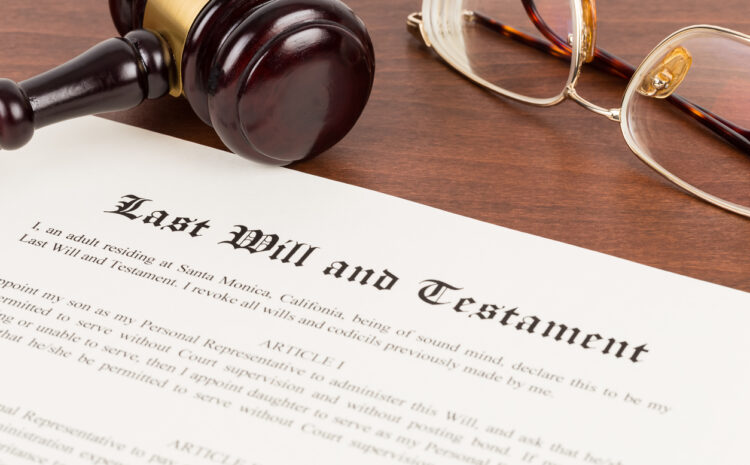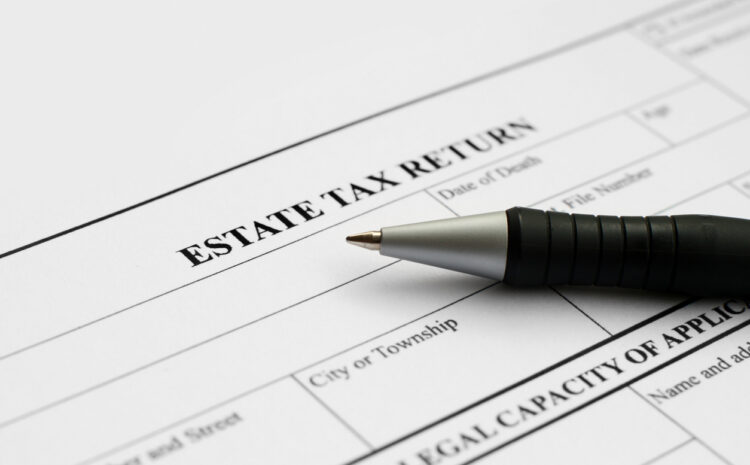What Is Probate?
Probate is the court-supervised process through which your probate assets are distributed to your beneficiaries as specified in your will. If you pass away without a will, the probate process distributes your probate assets according to the state’s laws of intestate succession.
How Does Probate Work?
The probate process typically begins when the executor nominated in your will files a petition for probate with the court. This petition requests:
- A determination that your will is valid
- Legal authority for the executor to manage your probate estate
If you die without a will, an interested party (usually a surviving spouse or child) must file the petition, and the court will appoint an *administrator* to handle your estate.
Once the court schedules a hearing, notice is published in a newspaper and sent to interested parties, including your beneficiaries and heirs. If no objections are raised, the court appoints the executor and issues a legal document called Letters Testamentary, granting authority to collect and distribute your probate assets.
The executor will then collect and appraise your probate assets. If the estate contains non-cash items (such as real estate or valuable personal property), a court-appointed probate referee will handle the appraisals. Creditors are notified, and the executor reviews and pays valid claims. In cases where claims are disputed, the court may become involved.
Throughout the probate process, the executor is required to file accountings, or periodic reports, with the court. Once all debts, taxes, and expenses are settled, the court issues an Order For Distribution, allowing the executor to distribute the remaining property to the beneficiaries.
What Is Intestate Succession?
If you die without a will, the state distributes your estate according to intestate succession laws. These laws determine who will inherit your property based on surviving relatives. Without a will, your property may go to relatives you did not intend to benefit, or, in the absence of relatives, the state itself may retain your property.
How Much Does Probate Cost?
Probate costs include:
- Court filing fees
- Appraisal fees
- Newspaper publication fees
The largest costs, however, are typically attorney and executor fees. In California, these fees are set by statute and are based on a percentage of the gross probate estate, which is calculated using the fair market value of your probate assets. This means that the estate’s gross value may exceed the actual equity you owned in those assets. In more complex cases, such as those involving litigation or tax issues, probate fees may exceed the statutory maximum.
How Can I Avoid Probate?
Probate is generally required when you die with more than $150,000 in probate assets. The key to avoiding probate is reducing your probate assets to below this threshold. This can be accomplished by transferring assets into non-probate mechanisms.
What Are Probate Assets?
Probate assets are those assets that are solely in your name at the time of death and are not transferred through other means, such as:
- Beneficiary designations (e.g., for life insurance or retirement plans)
- Joint tenancy ownership
- Revocable living trusts
How Can I Shrink the Value of My Probate Estate to Less Than $150,000?
You can minimize your probate estate by holding assets in ways that do not require probate, such as:
- Transfer on Death (TOD), In Trust For (ITF), or Pay on Death (POD) accounts
These accounts transfer directly to the named beneficiaries without probate. - Retirement plans (e.g., 401(k) or IRA)
If you have designated beneficiaries for your retirement accounts, these assets pass to the beneficiaries outside of probate. - Life Insurance or Annuities
Life insurance and annuity payouts are typically made directly to the beneficiaries, bypassing probate. - Revocable Living Trusts
Assets held in a revocable living trust are not subject to probate and are distributed according to the trust’s provisions. - Joint Tenancy
Assets held in joint tenancy pass to the surviving joint tenant without probate.
Can I Avoid the Federal Estate Tax by Removing Assets from My Probate Estate?
No. Removing assets from your probate estate does not exempt them from federal estate taxes. Even assets that bypass probate may still be subject to estate taxes if their total value exceeds the estate tax threshold.
By understanding probate and utilizing appropriate estate planning tools, you can simplify the process for your beneficiaries, minimize costs, and ensure that your wishes are carried out efficiently.


